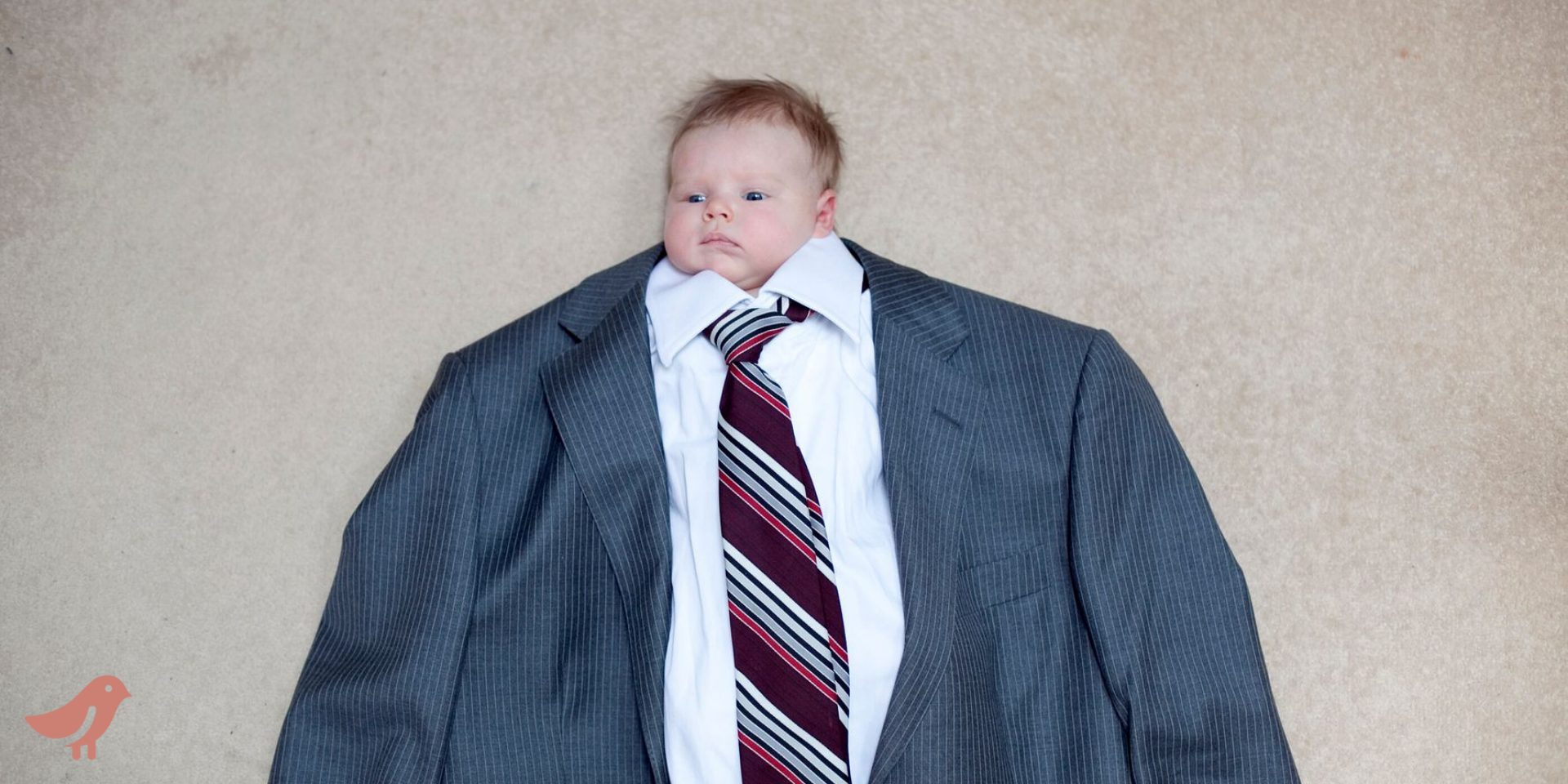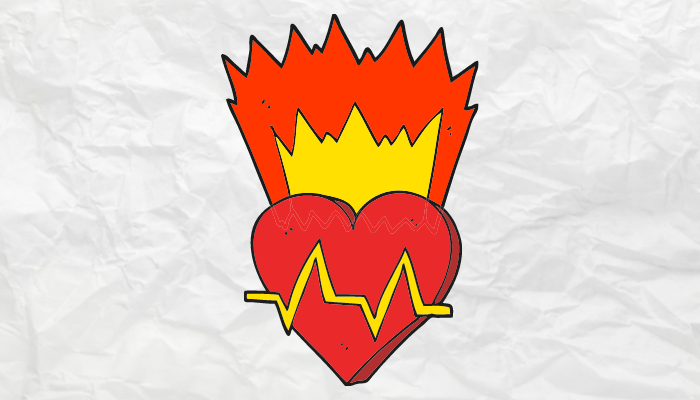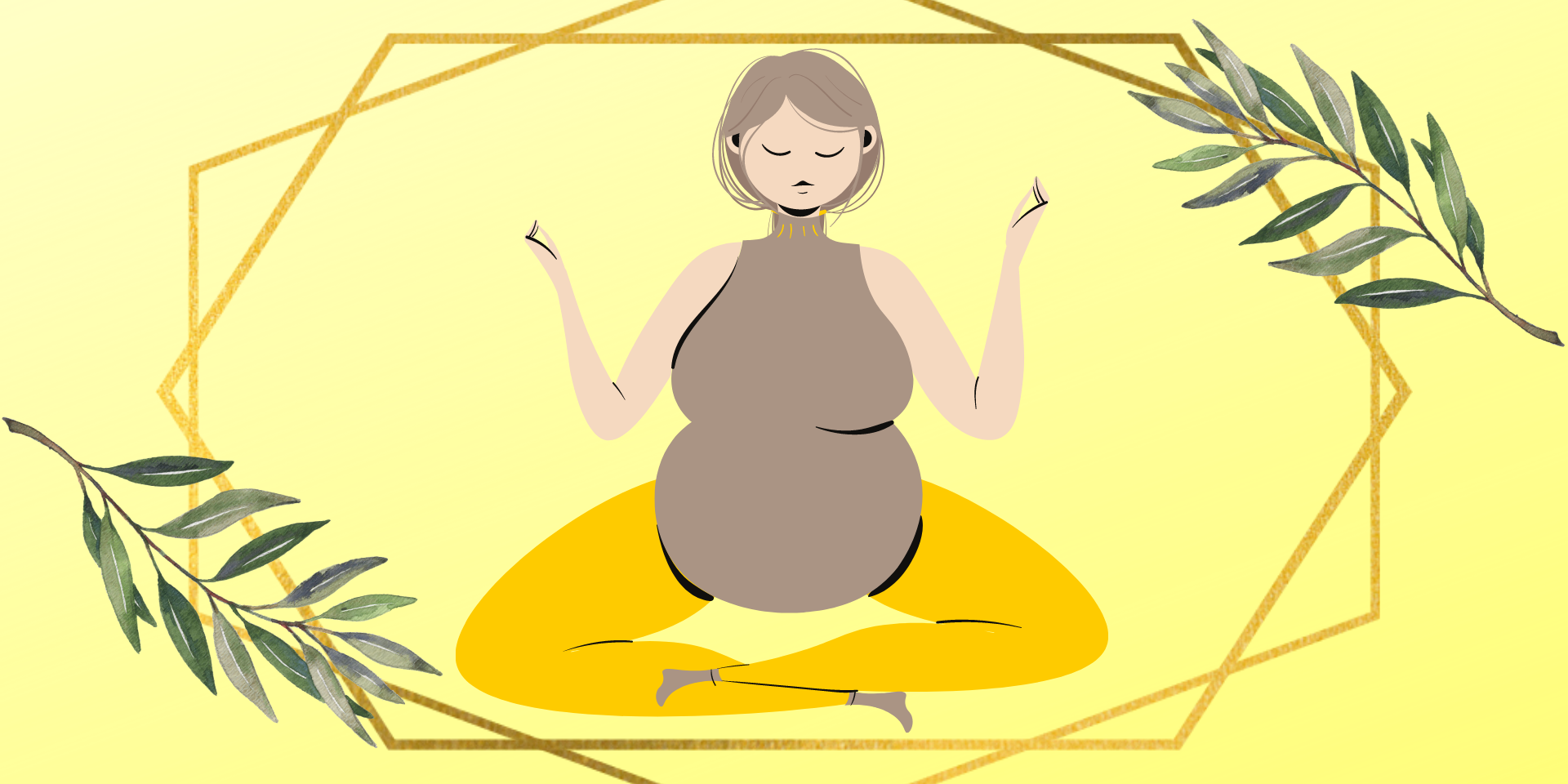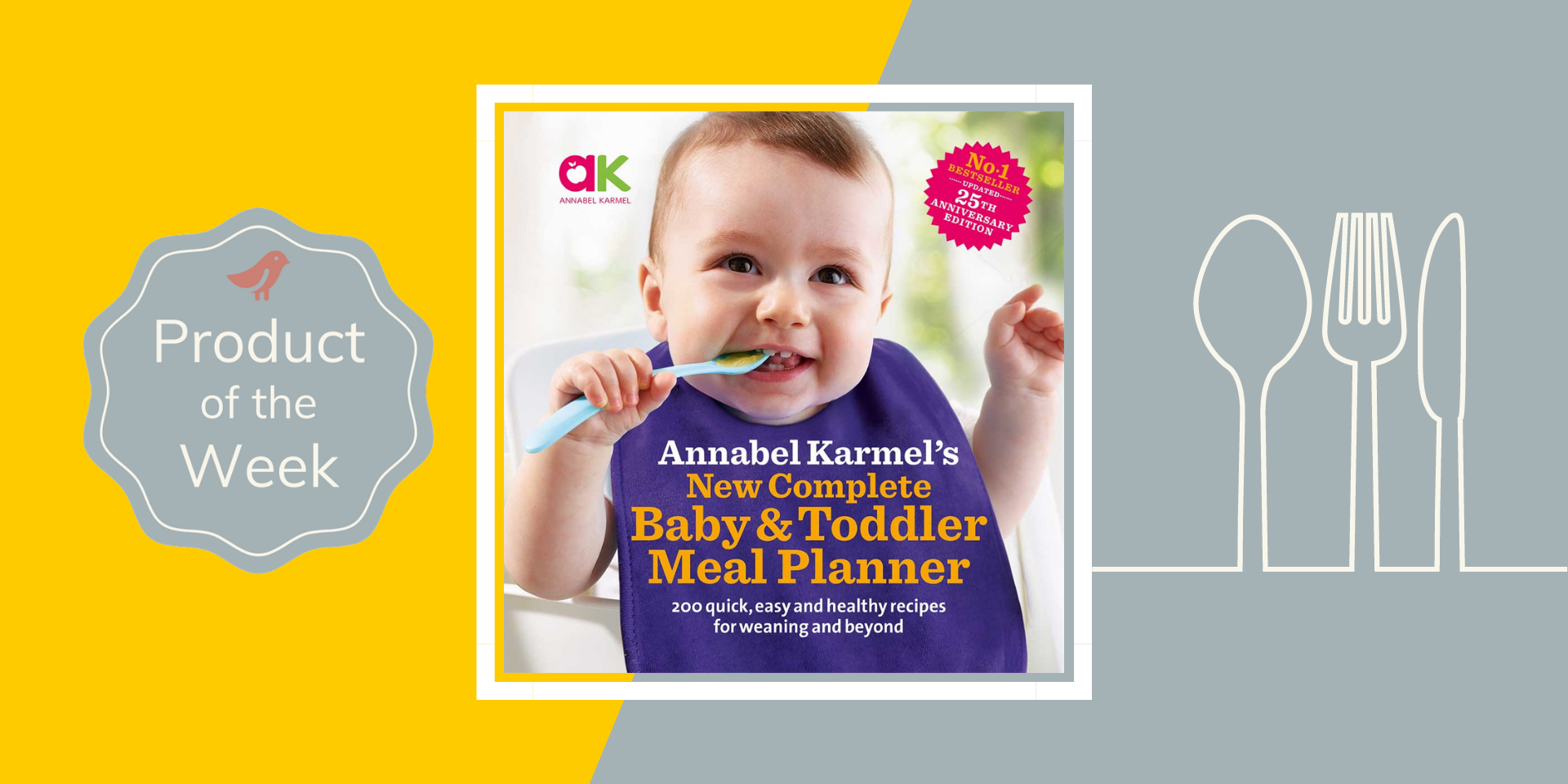We’ve all been there. An array of different adults asking us as mere children what we want to do for the rest of our lives in the lead up to choosing our O Level subjects — and most of us say the same thing about our career choices years later when we are the deflated, defeated shells of our former selves: “How was I supposed to know what I wanted to do when I was so young? I couldn’t even decide on my favourite Pokémon. It’s really unfair to put that kind of pressure on someone so young.”
I used to believe this too; that kids committing to a career path was a bad idea. But then something happened to me that made me realise that, for some, this was actually a damaging way of thinking: It took me until my mid-thirties, to finally begin a career in the exact same field that I had dreamt of as a young child, because in one way or another I was discouraged from pursuing it by the people who were paid to know better. Perhaps they should have given this scared and confused young girl more of a say in her future.
Let them unwrap their natural gift
In school I excelled in English and was pretty average at everything else. I used to write diaries and journals in my free time and my friends and I would compose vulgar poems and lengthy notes about boys during class. I couldn’t stop writing. I loved it, and my English grades reflected that. It felt natural and I didn’t have to put in a colossal amount of effort to get positive results, unlike the other subjects I studied.
When I write, I feel like my heart is on fire, it really is an adrenaline rush to channel your thoughts through your fingertips to be laid bare to the world. And there is nothing more satisfying than realising through your writing that you’re not alone, that other people can relate, having felt or experienced the same things you’ve written about.
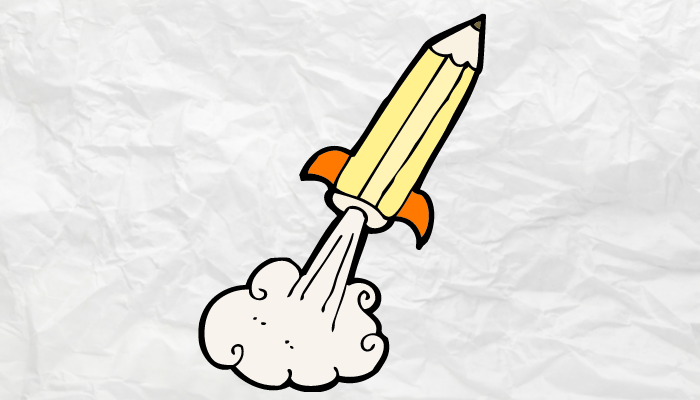
The problem was that my brain had been extinguishing those little fires since young adolescence. I was told in school that Business Studies and Economics would be the best direction for me. It covered a wide range of industries and was almost always well-paid. “Perfect!” said my brain as my damp heart smouldered in the corner of my chest for what wouldn’t be the last time.
As a result of this I blew my chances of writing in a professional capacity from the very beginning. No one stopped to think about how painfully bad I was at maths and spreadsheets, but I thought they knew best so I applied for the degree, got accepted and began earnestly following the rules that would ensure my happiness.
Predictably I failed to last more than a year due to the fact that I was embarrassingly terrible at it. My natural abilities were not required in most areas of the subject, so it was an uphill struggle that I was too young to deal with, and one which knocked the confidence in my academic ability right out of me for a long time.
Looking back at it all, I think that in some cases the problem with having kids make such a huge decision is not that they don’t know what they want to do (they know exactly what they want to do), it’s that they don’t know what they are supposed to want to do.
Be a guide not a governor
A child’s need for approval from adults and peers is overwhelming. It’s how they learn right from wrong, what is kind and what is hurtful, what is selfless and what is selfish. It’s a natural and necessary stage in everyone’s development, but when it comes to career choices, it means that we are making massive decisions during a time in our lives when what other people tell us to do seems more important than what we actually want to do, or are naturally gifted at.
As a result I spent the next 20 years of my life following the rules that the grown-ups were giving me, and repeatedly extinguishing the little fires inside.
“Don’t study English, there are no jobs. You’ll end up ‘just’ being a teacher.”
“Why be a starving artist when you can get a better paid job working in a more lucrative industry? I mean, look at my Audi.”
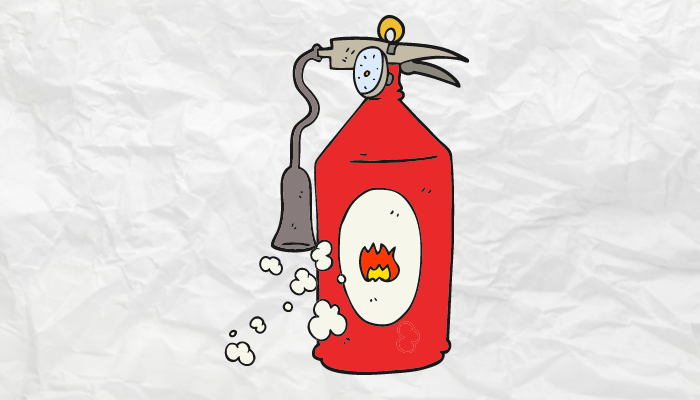
Again, I took the seemingly logical advice on board, followed the rules, went back to uni for 4 years, graduated in a more ‘lucrative’ subject. Yet still I found myself coming up against brick walls, again and again, unfulfilled, bereft of excitement, wondering why my life felt so unrewarding when all I had done was what I was led to believe were all the right things.
Then, at the grand old age of 35, I decided enough was enough. Money was never high on my list of priorities when it came to happiness, so why on earth was I sacrificing what I loved just so I could buy things I didn’t need? I realised what now seems obvious: the rules I had been following were not mine, that’s why I wasn’t getting back what I was putting in.
And so I quit my well-paid career and was fortunate enough to get a job as a junior copywriter. Not a big deal to many, I was so far down the ladder that if I even existed to my colleagues at all, I’m pretty sure they thought I was someone from a different department who got lost on their way to the water-cooler, but they had no idea that I had never been so deliriously happy.
A mere 12 months after starting my new writing career, I was promoted to content manager for multiple brands where I got to oversee video creation, blog launches, teams of copywriters, and a whole host of other fun things – and for the first time in my life I was excelling at work, rather than trying to keep my head above water.
Light the beacons
It all makes sense now. Of course this is what I was meant to do. The feeling I get from having just one article published is a thousand times more rewarding than the fatter pay check of my former career. Two decades gone because my childish heart was apparently too young and inexperienced to know what it was talking about. What a huge mistake it was not to trust her.
I’ve now learned that by believing kids to be somehow incapable of planning their own future, I am essentially handing them the fire extinguisher. Everyone’s heart burns for something. The day that I stopped putting out the flames was the day I got everything I had ever wanted and more. Turns out I had known what was up from the very beginning: your heart is a beacon, it’s supposed to be on fire.
